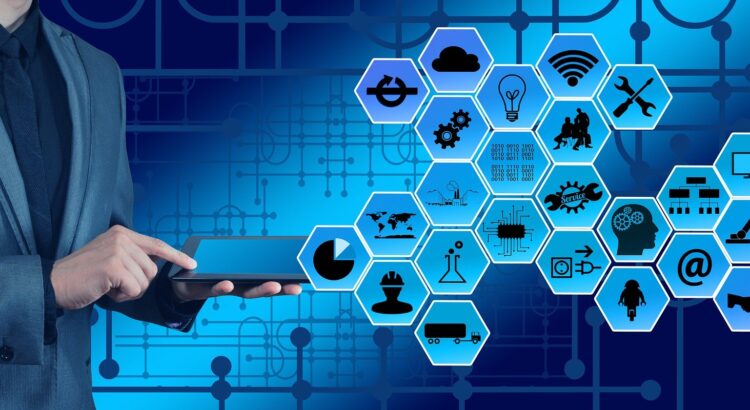How Impact of Internet of Things (IoT) Affects Industrial Growth?
When the March numerical picture is taking shape, there might be without doubt by what everybody already knows: The coronavirus pandemic could spark an international recession in 2020 that could be any worse compared to the one brought on by the 2008-2009 global financial crisis, but global economic performance will probably improve in 2021, said the IMF.
The now unfolding short-term fall in global production seems likely to complement or surpass any recession before 150 years. As a result, an extreme economic recession is probable, as may be the financial crisis. The greatest questions today are how serious and just how long the crisis can last.
Internet of Things– Changed the way we live
In today’s business world, technological advances annually bring new speed and capacity to data, voice, and IP communications. As these technologies evolve, every business person wants to remain on the leading edge in competition. Therefore, irrespective of where we work, our high-speed international communication network and services exist to guide you. In the same way, the Internet of Things (IoT) is considered because of the vast network of devices linked to the net with gadgets like Smartphones and tablets.
IoT has already changed the way we live. In several countries, products have transformed into products-as-a-service with connected homes, appliances, industrial machinery, etc. In developing nations like India, Smart Cities’ idea has been introduced where devices and the info they emit are expected to create buildings, electricity, public safety, transportation, education, water, and waste management, etc., more interconnected and smart.
How will it affect the Global Economy?
Internet of Things (IoT) will influence the global economy in a big way. It will extend the frontier of electronic hardware and software to a new level, increase employment, and the economy will get the multiplier effect. More Web Development Services or mobile app development services will integrate IoT with your mobile device. It will increase skill and job opening and boost economic growth.
It has a downside also; the Internet of Things (IoT) means gadgets and needs the power to run. The present state of power consumption is mainly fossil fuel-based. And we all know fossil fuel is dirty energy. We will see the unit varies from one kWh/person (Chad population 11 million) to Iceland @ 5777 kWh/person (population 0.3 million) if we go through the per capita power consumption. The power consumption of the USA is 1377 (population 323.9 million), but that of the most populated countries, China is 309 kWh/person (population 7,322 million), and India is 510 kWh/person (population 1,403 million). However, the statistics quoted here belong to different years as given below:
- USA 2015 (Year)
- Iceland 2014 (Year)
- China 2017 (Year)
- All other 2016 (Year)
The stats are for comparison. Since IoT will need power, and if we want to boost the backward populace’s power requirement to say, a modest amount of 700 kWh/person, how many billion watts of electrical power we need to produce extra? What will be the carbon footprint? And how will waste energy kick global warming?
There are, of course, lobbies and paid research faculties to deny anything and everything related to global warming, but we are talking about common logic, unbiased. From basic science, we know the energy in any form gets dissipated in the form of heat energy. That is, every form of waste energy contributes to heat energy. So, the convenience of the Internet of Things (IoT) comes with a serious question mark?
Would It Tip the Stability?
It’s a field where we need serious research, not paid by the interested lobbies; that is, there should be no conflict of interest. It is a serious matter. We do not want to go the Venus way. But, of course, there is a solution harnessing Solar Power to meet the additional power demand and gradually replace the fossil fuel-powered power units with solar units. Solar Energy’s advantage is that we will get it whether we like it or not, but if we can harness it and use it mainly to warm up our gadgets and industries, nothing better. Our power guzzling gadgets will work as a heat sink of the solar heat and convert it to our convenience as a bargain. The panel must convert more energy in its lifetime than it took to produce the panels.
